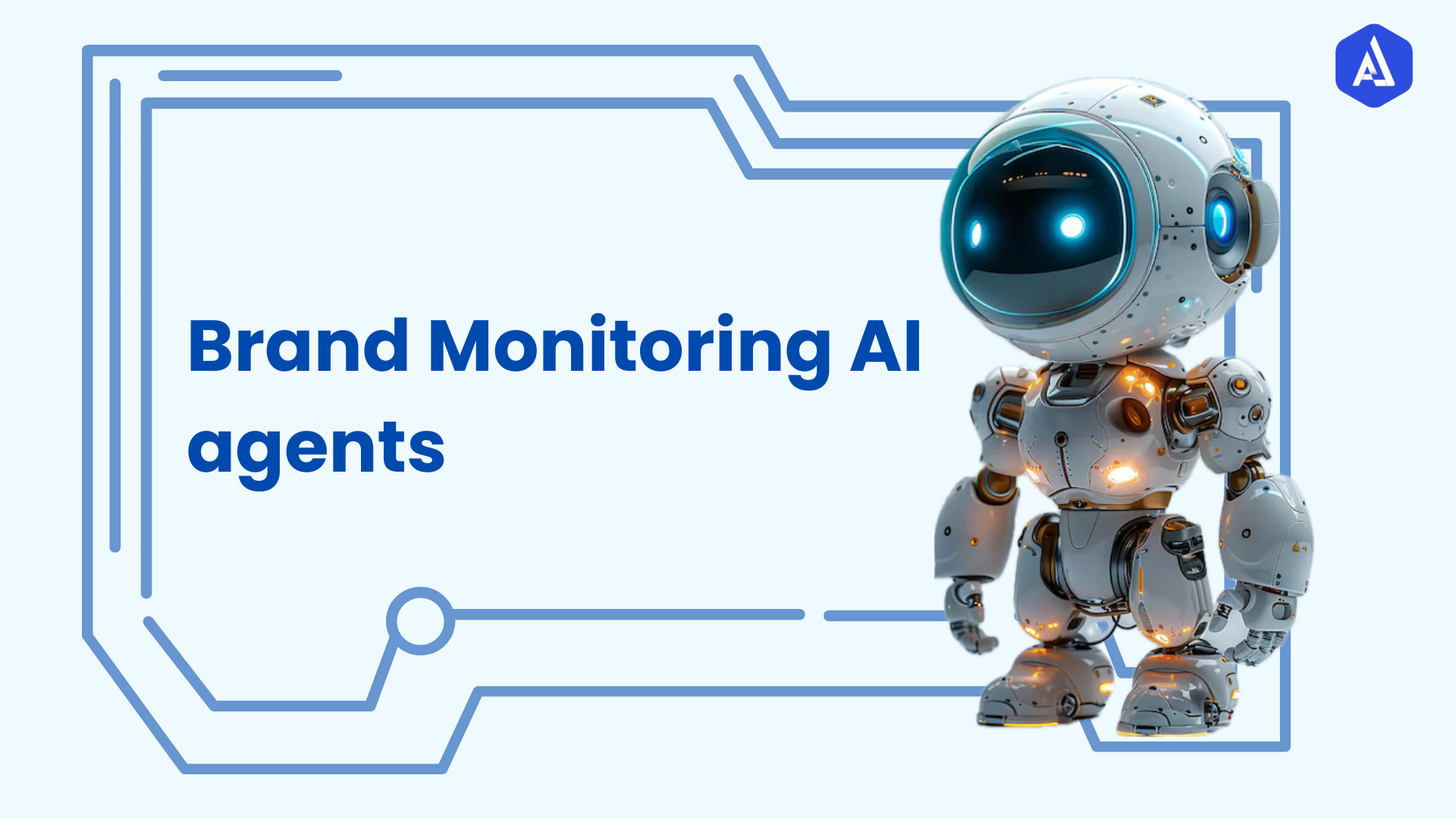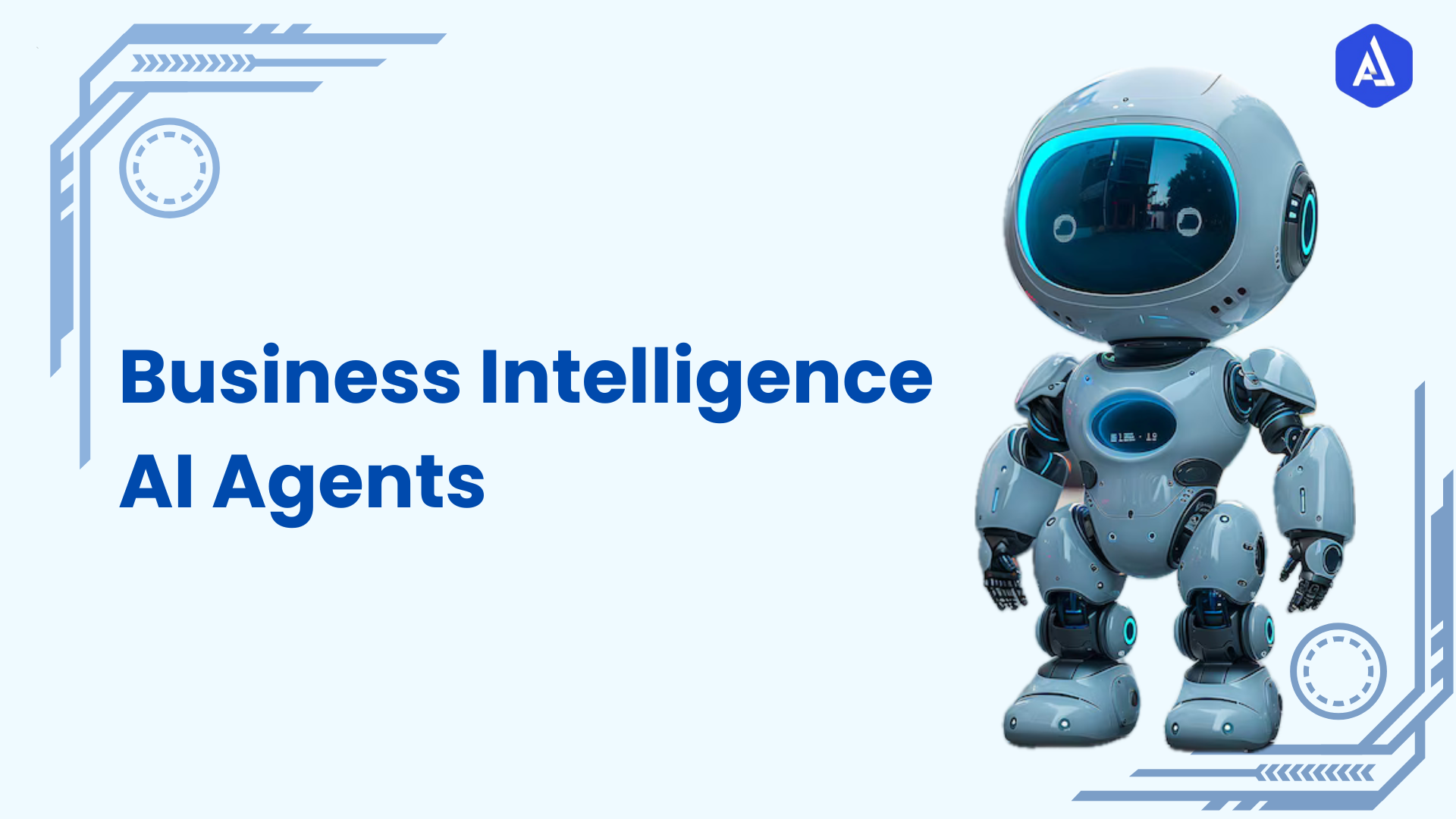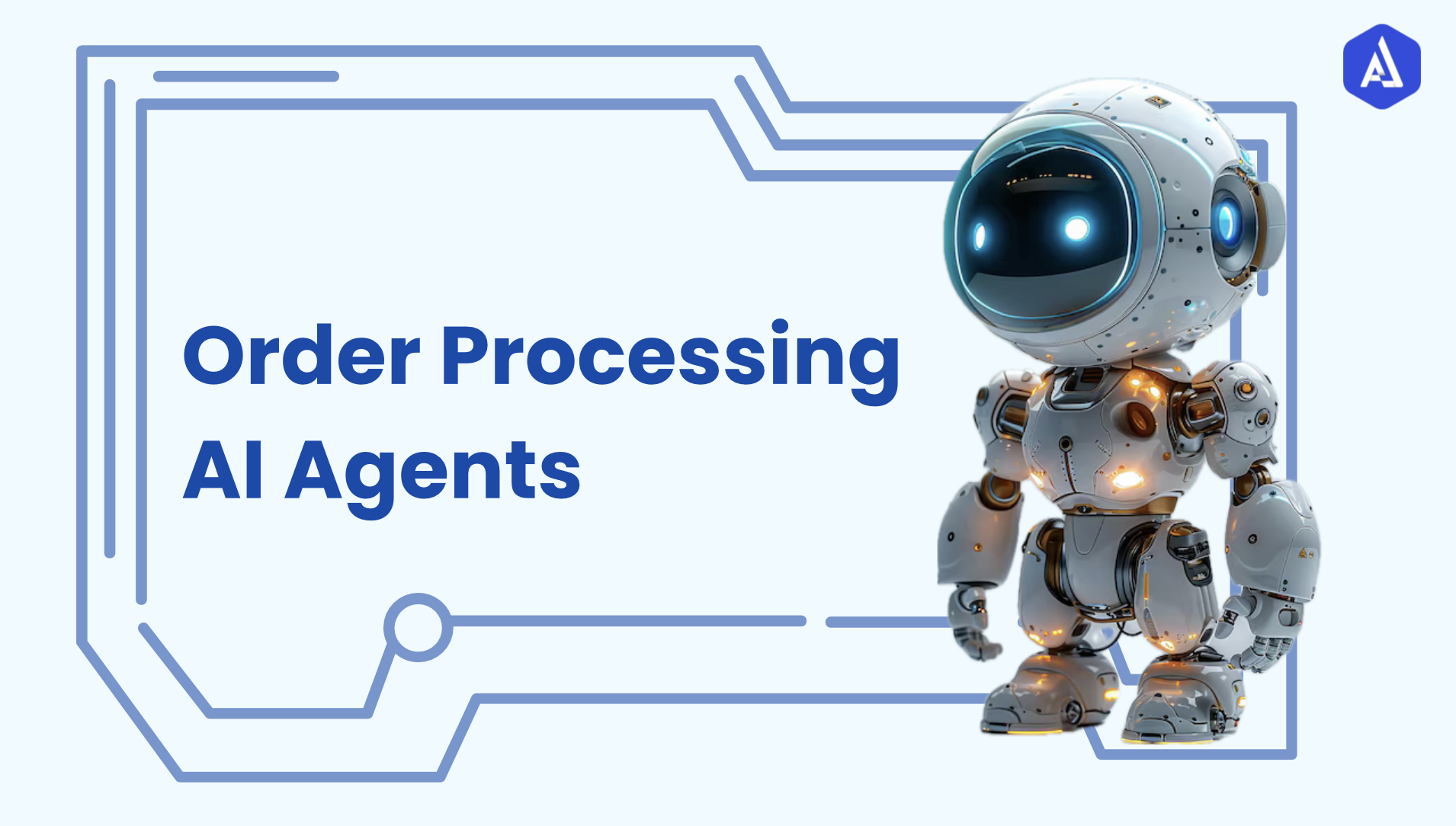Being digital-first above all in today's day and age refers to the proper leveraging of web presence into conversion for businesses. Web analytics delivers precious data but generally leaves companies with rather non-actionable insights at times that prove to be inefficient on time. Advanced AI tools, such as Web Analytics AI Agents, which automate data analysis, foretell trends, and provide insights in real-time and actionable forms, go beyond knowing just what is happening on a website and truly predict what might happen next. That makes web optimization not only smarter but more effective with the integration of AI into web analytics.
About the Process:
Traditional Web Analytics Process
Traditionally, web analytics has simply meant the collection of information about visits to the website, user interaction, and engagement metrics, with tools such as Google Analytics, Adobe Analytics, or other proprietary systems-that often involve the following steps:
-
Data Collection: The data might come from analytics tools implemented on a website, such as page views, clickstreams, session durations, bounce rates, among other things. Without sophisticated tools, however, most of the data is too general or fragmented to offer insightful suggestions.
-
Analysis: Data analysts and marketing teams sort through the data manually in trying to understand user behavior patterns. It is mainly a costly process, riddled with time and labor.
-
Reporting: Analysts then prepare reports for the stakeholders that describe changes in website performance, user engagement, and thus allow one to track various KPIs. Most of the reports are periodic, such as daily, weekly, or even monthly reports. Consequently, they do not capture real-time occurrences of change.
-
Decision-Making: This information is used to decide strategies based on the trends, and hence reports are prepared accordingly. Through the process above, a business is in a position to improve its performance online while this process is pretty passive and not proactive.
Synergy with AI Agents
However, AI-based web analytics automatically present much of the process raw data to valuables actionable insights in a flash. Web Analytics AI Agents can integrate machine learning, predictive analytics, and natural language processing to make all analytics more efficient, accurate, and adaptive. Whole workflow traditional workflow gets transformed with AI as follows:
-
Real-Time Data Analysis: AI agents process user interactions in real time and discover trends and anomalies as soon as they arise.
-
Predictive Insights: From the knowledge acquired from historical data, as well as from the behavior of users, AI agents can predict future trends, thereby helping businesses make necessary strategy adjustments just in time.
-
Automated Segmentation: With AI, the end-users are segmented according to behavior, hence the firm can do focused marketing and personalized content, which will increase users' engagement.
-
Actionable Recommendations: AI does not provide raw data but actionable insights that assist in action-making, hence the conception of strategies created by the marketing team becomes easier to execute, leading to growth.
Talk About the Agent:
Our Web Analytics AI Agent is designed to be straightforward in integrating analytics platforms. Support to automate and enhance the data analyses but extends all the way into predictive and prescriptive insights that could propel a business ahead of the competition.
Key Capabilities of Our Web Analytics AI Agent
-
Anomaly Detection: Anomaly detection is one of the excellent features of the AI agent, which detects real-time anomalies. For instance, the following example explains it: If there's an unexpected fall in traffic from a particular region or a jump in bounce rates, the agent will notify stakeholders. This will enable companies to act immediately about issues before they become problematic enough to affect user experience or conversion rates.
-
Predictive Analytics: An agent uses its machine learning algorithms to predict the future behavior of the user, for instance, a likely surge in traffic or a chance of conversion. While an agent predicts trends, it lets businesses strategize the correct content strategies, the campaigns with proper dates and thus execute other schemes for promotional benefits.
-
Automated Reporting: All such reports are generated automatically by the AI agent along with customizations for different stakeholders (for example, different marketing teams, various executives, or product managers). The report carries the key performance metrics and actionable recommendations. Thus, the time required will be saved, and the insights delivered will come without delay.
Benefits and Values:
This integration of AI into web analytics offers pretty clear benefits that may deeply advance the performance of your website, increase user engagement, and eventually see those ROIs. Here are the main value propositions of our Web Analytics AI Agent:
-
Increased Efficiency: The AI agent therefore automates the manual nature of the data analysis process and renders the actionable insights at real-time without any form of intervention from analysts. It, therefore, reduces the workloads of data analysts in terms of collecting and reporting rather than focusing on strategies meant for decision-making.
-
Improved Accuracy: Since the AI agent is backed by machine learning and deep data analysis, it just avoids the errors that a human can commit in tracking trends or anomalies for delivering more precise insights and better decision-making.
-
Proactive Strategy Development: The predictive ability of the AI agent can let companies not merely respond to the change but precede the curve by predicting what is likely to happen in the future and optimizing their web strategies beforehand. For instance, when the agent predicts that there may be a probable spiky motion of mobile traffic, the business can already optimize its mobile site beforehand.
-
Cost Savings: Big data analyst teams are precluded from repetitive tasks, and insight is provided in a timely manner so that it saves the company money without losing quality analysis.
-
Better ROI on Marketing Campaigns: These have helped get higher ROI on campaigns because the knowledge of understanding which advertising tactics work with which audience segments enables the fine-tuning of their marketing efforts, proper allocation of resources, and higher ROI on their digital campaigns.
Use Cases:
- E-Commerce: Optimizing the Purchase Funnel
With an e-commerce business, one would look at maximizing conversions. AI Agents in Web Analytics are very effective at identifying friction points in the user journey-for example, abandoned shopping carts and slow-loader product pages. Here, the AI agent predicts where the users will most probably drop off hence allowing intervention and optimization of the experience for that user. The suggestion of some of the products can be made more effective by personalizing the recommendation involving the use of browsing history and past purchases for each one of the customers involved.
- Media and Publishing: Content Optimization
At its core, the media and publishing business is content. AI analytics can give the team the exact piece of content-getting the most eyeballs-for articles, videos, or posts. Besides finding out the most engaging content, the AI agent can predict what topics will trend based on historical user behavior, hence guiding all the content strategies according to what users are interested in.
- SaaS and Subscription-Based Services: Churn Reduction
There is only one business problem, which is customer retention. The AI agents can track the activity of the user and send out alerts to the system that contains signals of churn, such as decreased login activities or inactivity of interaction with key functionalities. With early identification of at-risk customers, retention measures such as customized outreach and special offers might retain such users engaged and prevent churn.
Considerations:
It is pretty evident that AI has great benefits regarding web analytics. However, there are some very important considerations that are to be taken very seriously in order to make effective implementation:
-
Data Quality and Privacy: Efficacy completely depends on the quality of data that is being processed. Incorrect or varying data may give wrong insights. The business needs to respect the rules like GDPR and CCPA related to the collection of data from the users.
-
Integration with Legacy Systems: Virtually every business organization has legacy analytics systems that are not designed to be highly available for integration with AI. Plans must be designed and tested to ease the smoother introduction of AI agents with existing systems.
-
Model Transparency: AI agents sometimes work in a "black box" mode. It becomes difficult to understand how the decisions are being made. Making sure the AI points out the transparency of conclusions reached can help guarantee trust and assured better decision-making.
Usability
-
Ease of Integration with Existing Systems: The AI agent is compatible with most existing web analytics platforms and tools, such as Google Analytics, Adobe Analytics, and custom proprietary systems. It provides APIs for smooth integration with legacy systems, making it easy for businesses to adopt without overhauling their current tech stack.
-
Predictive Insights and Forecasting: By leveraging historical data and user behavior, the agent can predict future trends, such as traffic surges or changes in conversion rates. This proactive approach to strategy helps businesses stay ahead of the curve, ensuring they can optimize their web presence before issues arise.
-
Real-Time Adjustments to Web Content: The agent’s ability to suggest real-time changes to web content, such as layout adjustments or content optimizations, allows businesses to dynamically adapt their website to user behavior and preferences
Talk About the Future:
Even better, with further development of AI, web analytics will be a much more capable discipline, and agents will become an integral part of the web optimization process. Much sooner than that, however, are highly personalized experiences, real-time adjustments to content on view, and much deeper insight into user intent.
-
Enhanced Predictive Capabilities: AI will continue to further improve its predictive capabilities in user behavior, which means businesses can aim at targeting their strategies much more precisely.
-
Automation at Scale: The future of web analytics is going to be much more automated than it is today; an AI agent will be self-governing in terms of adjusting the content, maximizing web layout, and personalizing marketing messages in real time.


